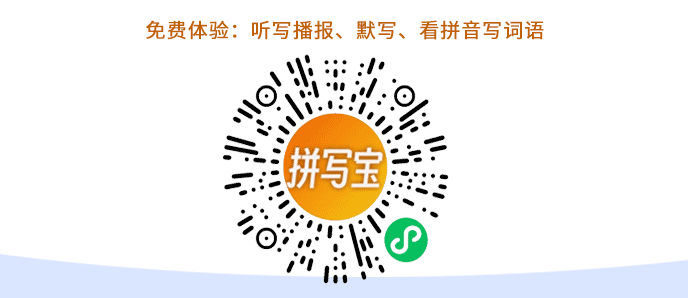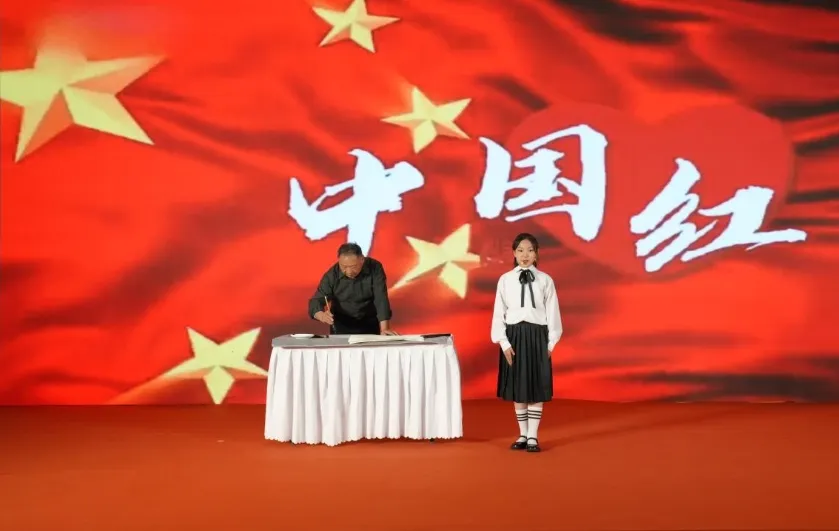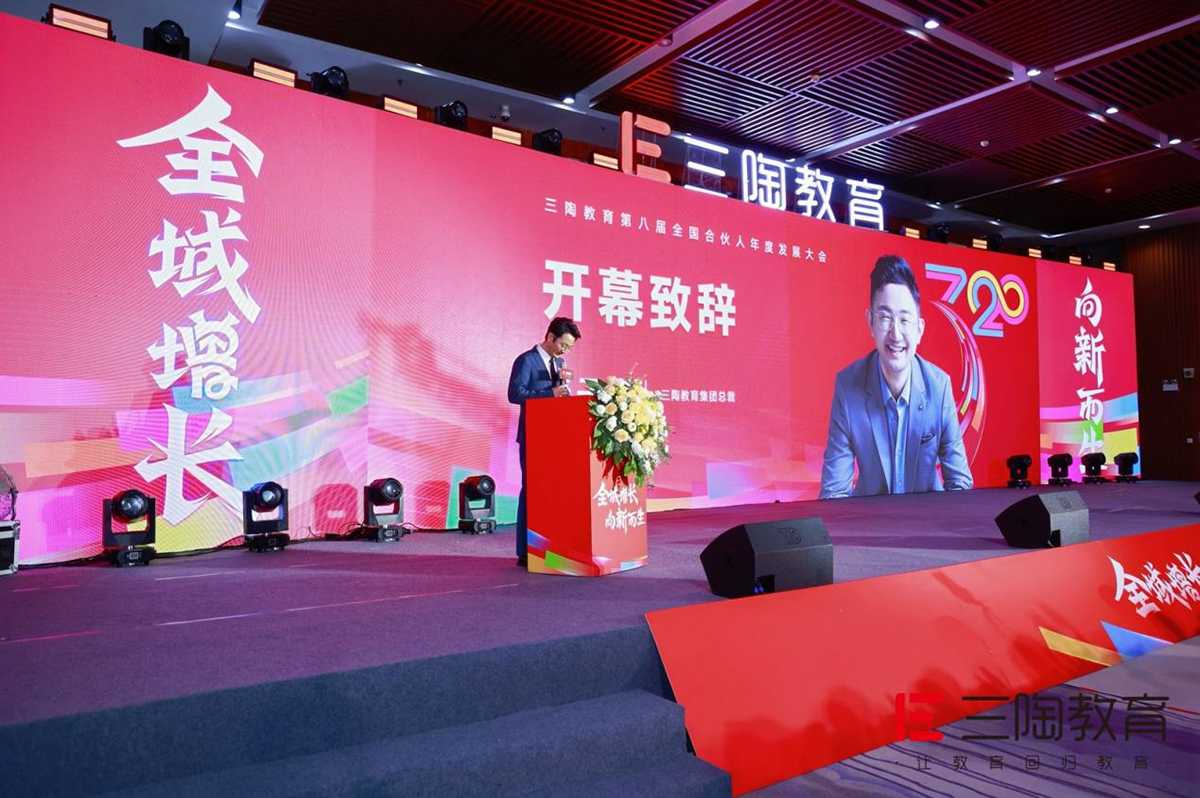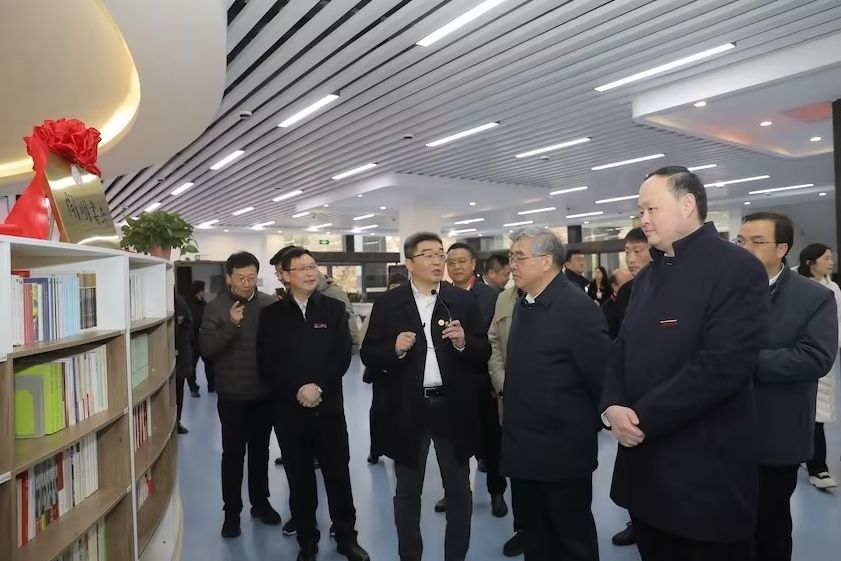|
Chapter One 文章开头句型 1-1 对立法 : 先引出其他人的不同看法,然后提出自己的看法或者偏向于某一看法,适用于有争议性的主题. 例如(e.g) [1]. When asked about., the vast/overwhelming majority of people say that . But I think/view a bit differently. 当被问及····,大多数人认为|说·····但是我有点不这麽认为. [2]. When it comes to . , some people bielive that . Others argue/claim that the opposite/reverse is true . There is probably some truth in both arguements/statements , but (I tend to the profer/latter ...) 当它涉及·····一些人相信·····其他人主张相反的观点.在这些观点里,有可能有一部分是真的,但是我倾向于前者或后者···· [3]. Now, it is commonly/generally/widely believed/held/acknowledged that . They claim/ believe/argue that ... But I wonder/doubt whether. 现在,大家普遍认为·····他们主张·····但是我怀疑····是否······ 1-2 现象法 引出要剖析的现象或者问题, 然后评论 . e.g [1]. Recently the rise in problem of/(phenomenon of) ... has cause/aroused public/popular/wide/ worldwide concern. 最近,·····问题(现象)的逐渐严重已经引起广泛的关注. [2]. Recently the issue of the problem of/the phenomenon of ...has been brought into focus. ( has been brouth to public attention) 大意同上 [3].Inflation/Corruption/Social inequality ... is yet another of the new and bitter truth we have to learn to face now/constantly. 通货膨胀|腐败|社会不平等·····是另外一个新的令人感到苦涩的我们不得不学会去面对的一个事实. 1-3 观点法 ----开门见山,直接了当地提出自己对要讨论的问题的看法. e.g: [1]. Never history has the change of .. been as evident as ... Nowhere in the world/China has the issue/idea of .. benn more visible/popular than... [2]. Now people in growing/significant numbers are beginnig/coming to realize/accept/(be aware) that... 现在,越来越多人开始认为(意识到)····· [3]. Now there is a growing awareness/recognation to the necessity to.Now people become increasingly aware/conscious of the importance of . 大意同上 [4]. Perhaps it is time to have a fresh look at the attitude/idea that. 也许,是时侯对······观点拥有新的认识. 1-4 引用法 ----- 先引出名人名言或者有代表性的看法, 来引出文章要展开论述的观点! e.g: [1]. "Knowledge is power." such is the remark made by Bacon.This remark has been shared by more and more people . "知识就是力量"这句是培根的名言.这句名言已经被广泛的接受. "Education is not complete with gradulation." Such is the opinion of a great American philosopher. Now more and more people share his opnion. "教育不是完成于毕业"这句是美国一位著名的哲学家所说的.越来越多的人接受这句话. [2]."." How often we hear such statements/words like thoses /this . "······"我们经常听到这样的话. In our own days we are used to hearing such traditional complains as this ".". 在我们的日常生活中,我们习惯于听到如此传统得解释"·······". [3]As the saying goes that"````````" 正如某句名言说的"······" 1-5 比较法 ------ 通过对过去,现在 两种不同的倾向,观点的比较 , 引出文章要讨论的观点. e.g: [1]. For years, ...had been viewed as ... But people are taking a fresh look now. With the growing ... , people . . [2]. People used to think that ... (In the past, .) But people now share this new. 人们过去常常认为·····但是现在人们持这个观点. 1-6 故事法 ---- 先讲一个较短的故事来引发读者的兴趣, 引出文章的主题. e.g: [1]. Once in (a newspaper) , I read of/learnt . The phenemenon of ... has aroused public concern. 这个现象激发人们的公共意识. [2]. I have a friend who ... Should he . ? Such a dilemma we are often confront with in our daily life. 如此进退两难的局面是我们日常生活中经常面对的. [3]. Once upon a time , there lived a man who ... This story may be (unbelievable) , but it still has a realistic significance now. 很久以前,·······也许这个故事令人难以置信,但它仍有重大的现实意义 1-7 问题法 ----- 先用讨论或解答的设问, 引出自己观点, 适用于有争议性的话题. e.g: Should/What . ? Options of ... vary greatly , some ..., others ... But in my opinion , . . 下一篇:
Tags:盘点,英语四级,作文,能用,上场

|
21世纪教育网,教育资讯交流平台




